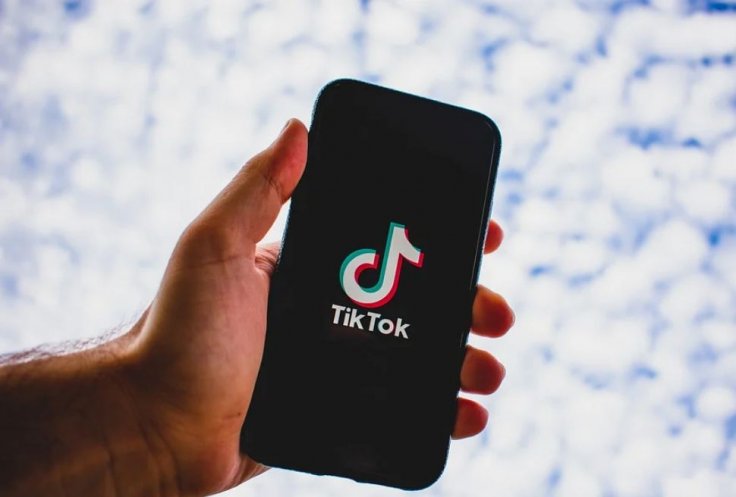A high-ranking Chinese government official had a great role in deciding what content should be allowed on TikTok, a new exposes has claimed. The Financial Times (FT) reported that Cai Zheng, who ran ByteDance's global content policy team, had previously worked at China's embassy in Tehran,
Cai joined ByteDance in 2018, the FT said, citing two people close to the company. Cai was instrumental in writing the guidelines for the kind of videos that would be accepted on the short-video app platform.
What was Cai Zheng's Role?
TikTok has been in the eye of a storm after the US took the lead in probing the company over national security concerns. President Donald Trump took the offensive against the Chinese company to a greater level by ordering its sale under a tight deadline. India too banned the short video app over national security concerns.

TikTok, denying the charges, told the publication was that Cai was not involved in developing policies. It said he worked on regional and local teams on localization of early content policies but that it was "not a consideration in hiring Zheng that his previous role was in the public sector, and there were no conversations with the government in the hiring process".
US Judge Blocks TikTok Ban
Last week, a US federal judge blocked Trump's ban on TikTok. The order came just hours before the ban was scheduled to go into effect. Judge Carl Nichols of the US District Court for the District of Columbia admitted the TikTok plea that the ban infringes on rights to free speech and due process, IANS reported.
The ban would have forced the removal of TikTok from smartphone app stores and end app-updates. The Commerce Department had said earlier that TikTok downloads would be banned from September 20.
In October 2019, US Senators Tom Cotton and Chuck Schumer demanded a security review of TikTok . Two months after the lawmakers asked US intelligence called for a security scrutiny of TikTok, the US Army banned its personnel from using the short video app on official phones.
The Trump administration came down harder on TikTok in the ensuing months of investigation, and issued an executive order on August 14, giving ByteDance an option to sell its US business within 90 days. At that time TikTok had said it had more 100 million users in the US and more than 700 million globally.
"There is credible evidence that leads me to believe that ByteDance ... might take action that threatens to impair the national security of the United States," the executive order by the president said.
With pressure mounting, ByteDance entered into talks with Microsoft Corp to sell TikTok's operations in Australia, New Zealand, and North America.








